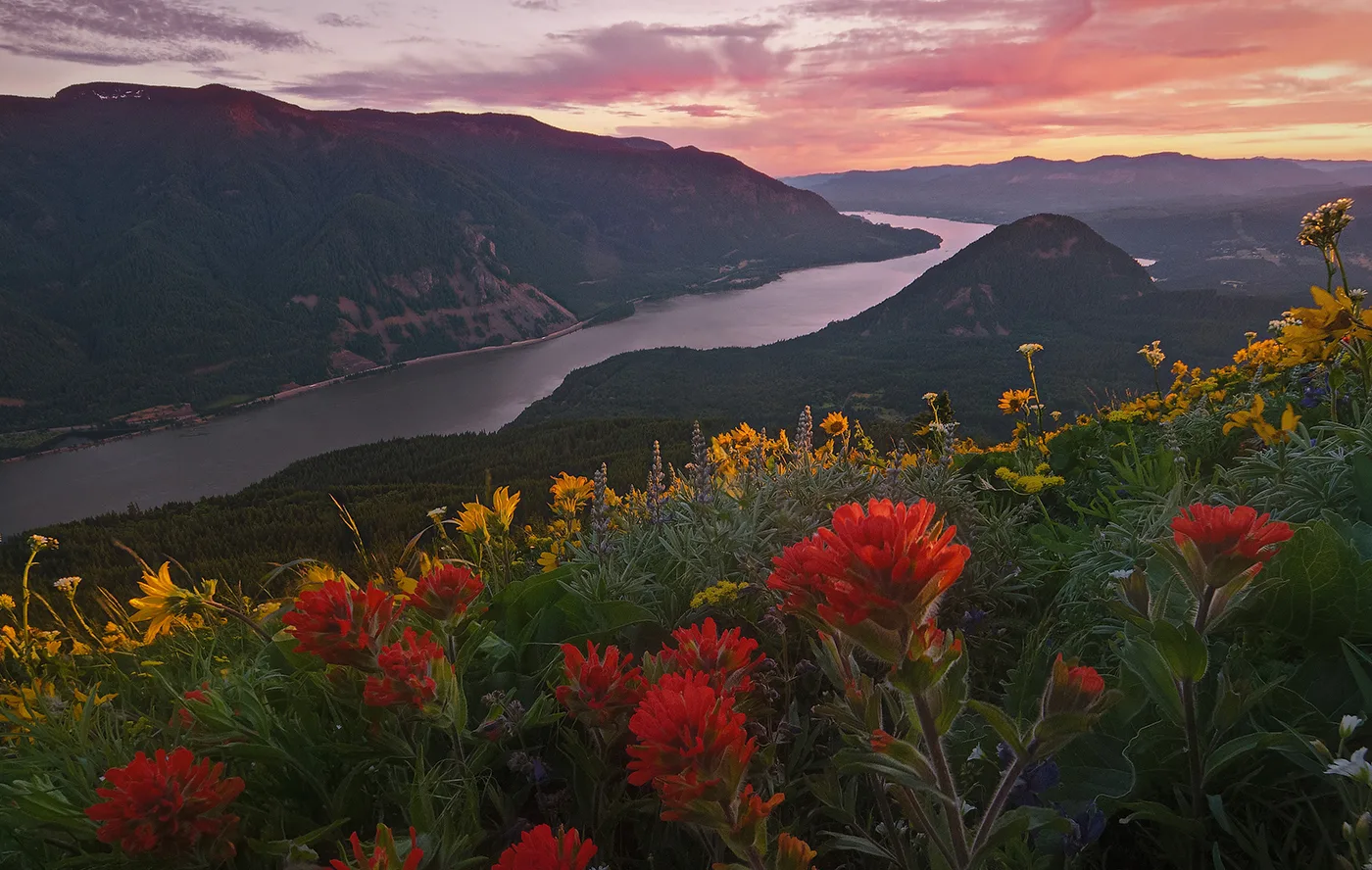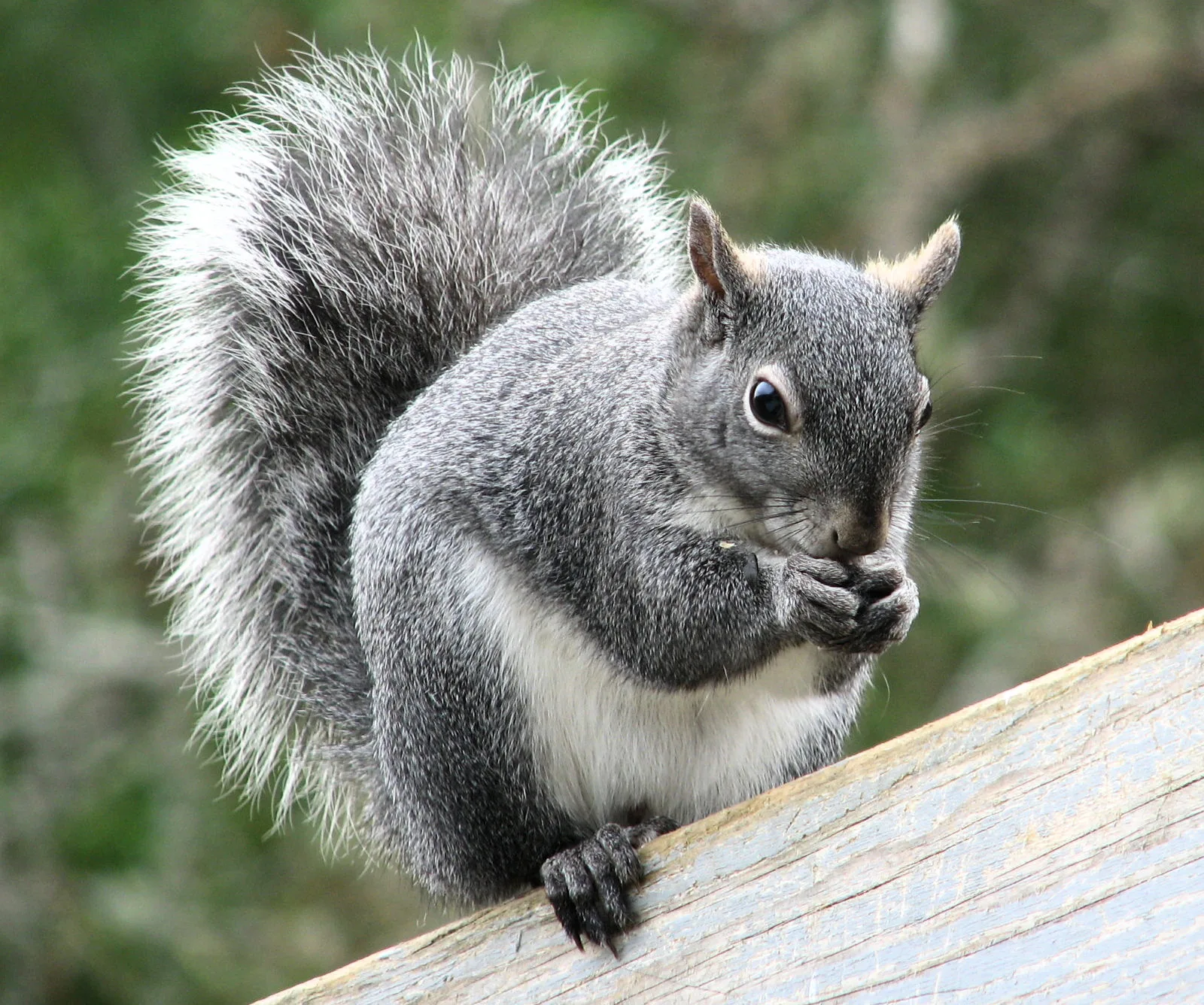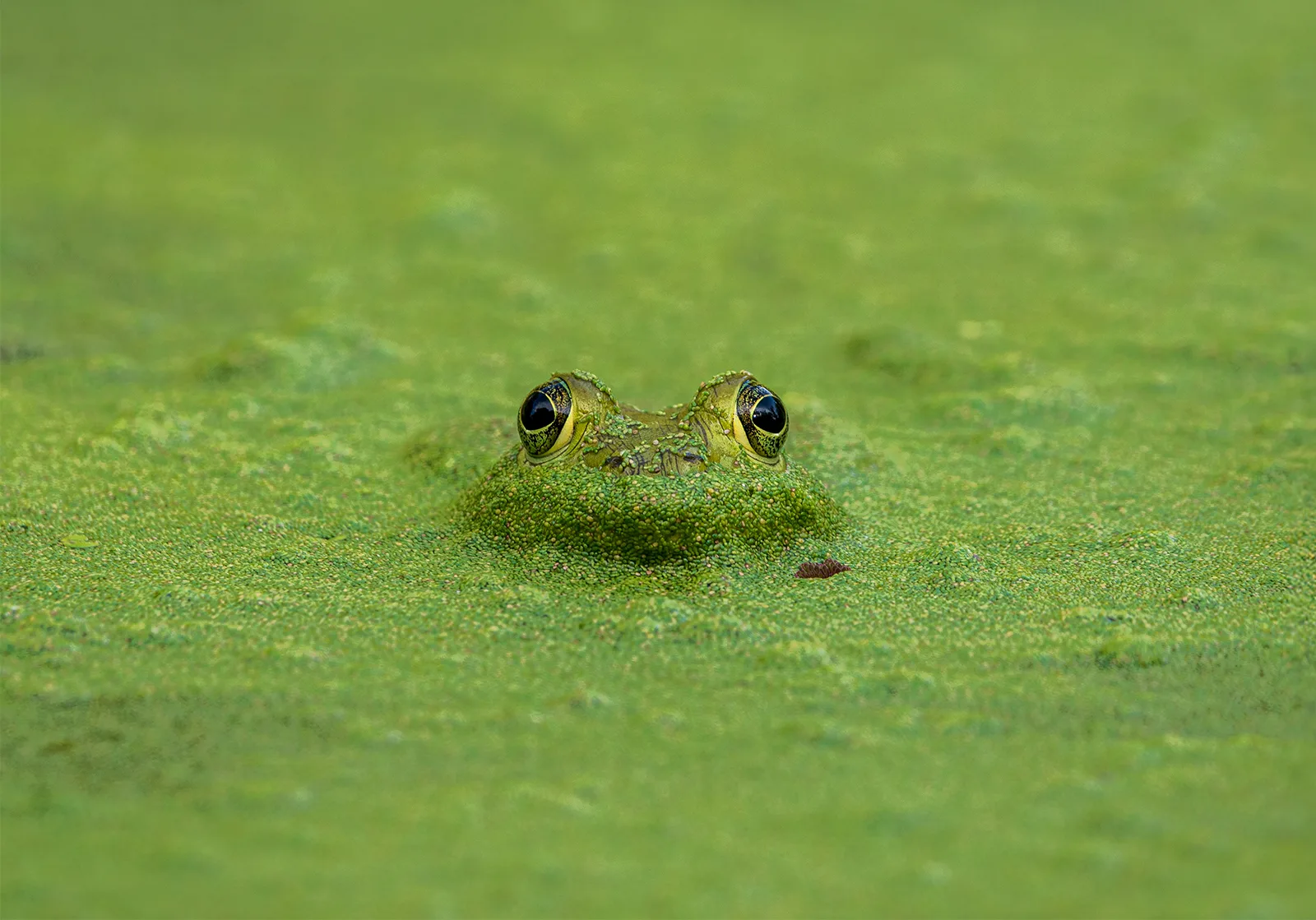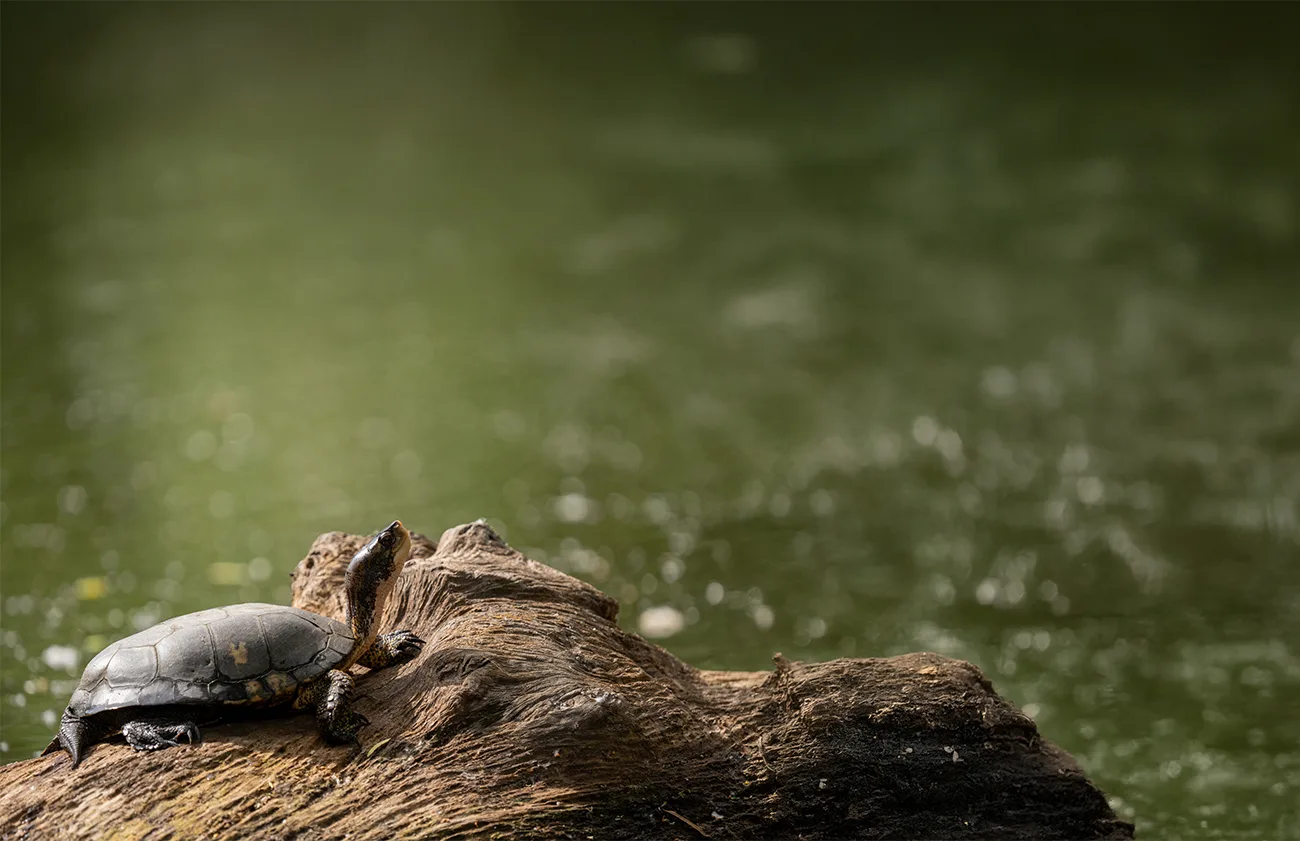The Land and Water Conservation Fund (LWCF), established by Congress in 1964, has played a critical role in protecting the Columbia River Gorge National Scenic Area. Funded by revenue from offshore oil and gas leasing—not taxpayer dollars—LWCF supports acquisition of public lands, state and local park development, and recreation access across the U.S.
Since then, tens of thousands of acres have been permanently protected in the Gorge thanks to LWCF funding. This includes USFS purchases of scenic lands threatened by development, protection of wildlife habitat, cultural sites, and watersheds, and the buffering of public trails and viewpoints from encroaching development. Notable protected sites include Dog Mountain, Larch Mountain, Catherine Creek, Cape Horn, Steigerwald, and many others.
Nationally, LWCF has funded over 45,000 projects, including at least one in every U.S. county. In 2020, passage of the Great American Outdoors Act guaranteed full, permanent LWCF funding at $900 million annually, ensuring continued investment in land conservation and recreation access, including in the Gorge. But President Trump’s 2026 budget included a dangerous proposal that would have allowed Congress to siphon LWCF dollars toward unrelated purposes like deferred maintenance and timber production. This would have devastated one of the nation’s most effective tools for conserving public lands, expanding recreation access, and preserving cultural and natural resources. Thanks to public pushback and conservation champions in Congress, that provision was removed. Secretarial Order 3442 (SO 3442), issued on September 4, abandoned the proposal to divert funds entirely.

Unfortunately, SO 3442 still poses significant threats to LWCF. The order revives previously rejected restrictions, such as granting state and local governments veto power over real estate transactions involving federal lands in their area, an unprecedented step that will take away private landowners’ rights to sell to the buyer of their choosing. It also prohibits partnerships with nonprofit land trusts on certain projects. The order also allows states to use LWCF State and Local Assistance funds to purchase federal public lands. This reverses long-standing policy and could force states to “buy back” lands that are already protected for the public, turning LWCF from a conservation tool into a mechanism for federal land selloffs.
Importantly, SO 3442 applies only to Department of the Interior (DOI) agencies (e.g., Bureau of Land Management) and does not affect USFS, which is administered by the U.S. Department of Agriculture (USDA). That means Friends’ work in the Gorge is not directly impacted—for now. But the strength of LWCF is that projects develop at the local level, where they are needed most and where there are willing sellers at any given time. If there is no opposition to these restrictions, USDA officials could see an opportunity to implement similar rules that would apply to USFS lands. Were that to happen, the impact on the Gorge would be devastating. Gorge counties would then have the power to prevent land trusts from selling land to federal agencies, effectively giving local politicians veto power over conservation projects.
While Friends and our allies are relieved that deferred maintenance and timber production no longer threaten to wipe out the purpose of LWCF’s funding, these restrictions must still be challenged to protect the program’s future and ensure its full toolbox remains available for conservation nationwide.
HOW DOES THIS AFFECT FRIENDS?
LWCF has been foundational to the National Scenic Area’s success. Since 1986, it has enabled strategic land acquisitions, expanded outdoor access, and protected the Gorge’s unique heritage—all without relying on taxpayer funding. Its continued support is essential to sustaining the Gorge for generations to come.
Friends has been instrumental in building the public lands base in the Gorge. With donor support and in partnership with public agencies, Friends acts to acquire high-priority properties, often years before public agencies would be able to. We’ve held these properties, in some cases for many years, until public acquisition could be completed. It’s a slow process, but one that has proven effective in consolidating public ownership and ensuring long-term protection.
Our most important federal partner in this work is the U.S. Forest Service. LWCF is the primary source of federal funds that USFS uses to purchase properties from Friends. To date, Friends has sold seven and donated two properties to USFS. We currently own five more properties that were acquired with the expectation that USFS would eventually purchase them—presumably with LWCF funds.
That strategy is not immediately threatened by SO 3442, since the order applies only to DOI lands. But the precedent set is concerning. If the USDA were to follow DOI’s lead for USFS lands, these restrictions would jeopardize decades of conservation progress in the Gorge. That is why Friends will continue to work with grassroots advocates and Congressional allies to defend LWCF and oppose harmful changes wherever and whenever they emerge.
In September, Friends’ Advocacy & Conservation team traveled to Washington, D.C. to meet with Senate and Congressional offices to advocate for protecting LWCF. This was a key opportunity to sound the alarm on the damaging impact SO 3442 will have on LWCF programs and emphasize the need for resistance to prevent similar policies from being enacted at USFS. These meetings were very productive and gave Congressional staff a look into the types of conservation and recreation projects that would be at stake under SO 3442. Friends will continue to strengthen these relationships with our elected officials to defend LWCF.
Contact your Senators and Representatives today and urge them to defend LWCF’s full funding and purpose. Ask them to oppose the harmful provisions in SO 3442 and ensure LWCF remains focused on expanding public access, conserving habitat, and protecting our public lands for future generations.
Visit gorgefriends.org/defendLWCF or tap the button below to contact your legislators and make your voice heard.




